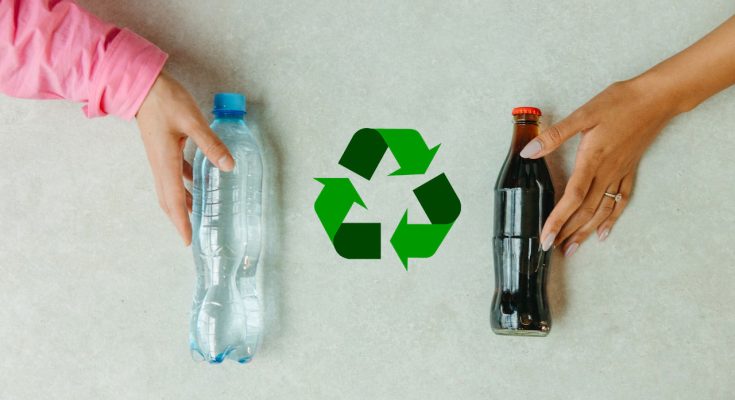The global shift towards environmental consciousness has inspired widespread action to minimize landfill waste, and PP recycle processes are emerging as a key solution. Polypropylene, a versatile and widely used plastic, has historically contributed significantly to landfill burdens. However, thanks to advances in recycling technology and increasing awareness, PP is reclaiming its place as an invaluable material in sustainable initiatives.
This article explores how recycling polypropylene helps reduce landfill contributions while creating benefits for communities, businesses, and the environment alike.
Advantages of PP Recycling Processes
Minimizes Landfill Waste
Landfill sites are rapidly approaching their capacity, with millions of tons of plastic waste adding to the problem each year. Polypropylene makes up a significant portion of this waste, used in products ranging from food packaging to household items. Recycling PP removes large quantities of this durable material from landfills, reducing the strain on these sites and the land required for expansion.
Less landfill space also means less environmental degradation in local ecosystems, providing long-term benefits to surrounding communities.
Conserves Natural Resources
Polypropylene is derived from non-renewable fossil fuels like crude oil and natural gas. Producing virgin PP requires extracting these resources, an energy-intensive process that contributes to carbon emissions and resource depletion.
Recycling SC polypropylene reduces the need for virgin production and conserves critical raw materials. Each recycled plastic item represents a meaningful reduction in environmental strain and an opportunity to promote circular resource usage.
Reduces Energy Consumption
Manufacturing new polypropylene consumes considerable amounts of energy. Transporting raw materials, refining crude oil into usable components, and polymerizing these elements all entail intensive energy usage. Recycling existing polypropylene, however, bypasses much of this energy-intensive process.
According to research, recycling PP uses significantly less energy compared to virgin production, cutting greenhouse gas emissions and reducing environmental footprints. Sustainable recycling solutions pave the way for energy-efficient manufacturing practices.
Supports a Circular Economy
Recycling PP aligns with the principles of a circular economy, wherein materials are reused and regenerated for as long as possible. This creates a closed-loop system in which discarded products are repurposed into new ones, preventing waste from ending up in landfills.
By converting used polypropylene into valuable raw materials for new products, recycling gives manufacturers an opportunity to create innovative solutions. This long-term shift also encourages sustainable consumer behavior and fosters community-wide efforts toward waste reduction.
Creates Economic Opportunities
The growing focus on recycling has opened the door for local economies to thrive. Recycling PP generates jobs in collection, sorting, and processing facilities, stimulating economic activity while reducing environmental harm. Industries benefit from accessing more affordable recycled materials, fueling innovation and cost efficiencies.
This economic model supports sustainable development goals while providing tangible benefits to workers and businesses involved in the recycling supply chain.
Enhances Community Well-being
The very presence of waste, particularly in landfill sites near communities, poses potential health risks associated with pollutants, toxins, and odors. By recycling polypropylene, communities see cleaner streets, reduced exposure to harmful materials, and improved local environments.
Additionally, public awareness around recycling programs encourages active participation, fostering a sense of community pride and shared responsibility.
Preserves Marine Ecosystems
Plastic waste is one of the largest contributors to marine pollution, with vast amounts entering oceans each year and causing harm to aquatic life. Polypropylene, being lightweight and resistant to degradation, is often swept into waterways when improperly disposed of.
Recycling prevents PP from becoming ocean waste, helping preserve marine ecosystems and protecting wildlife. This ensures that industries and communities alike contribute toward healthier oceans and a more sustainable future.

